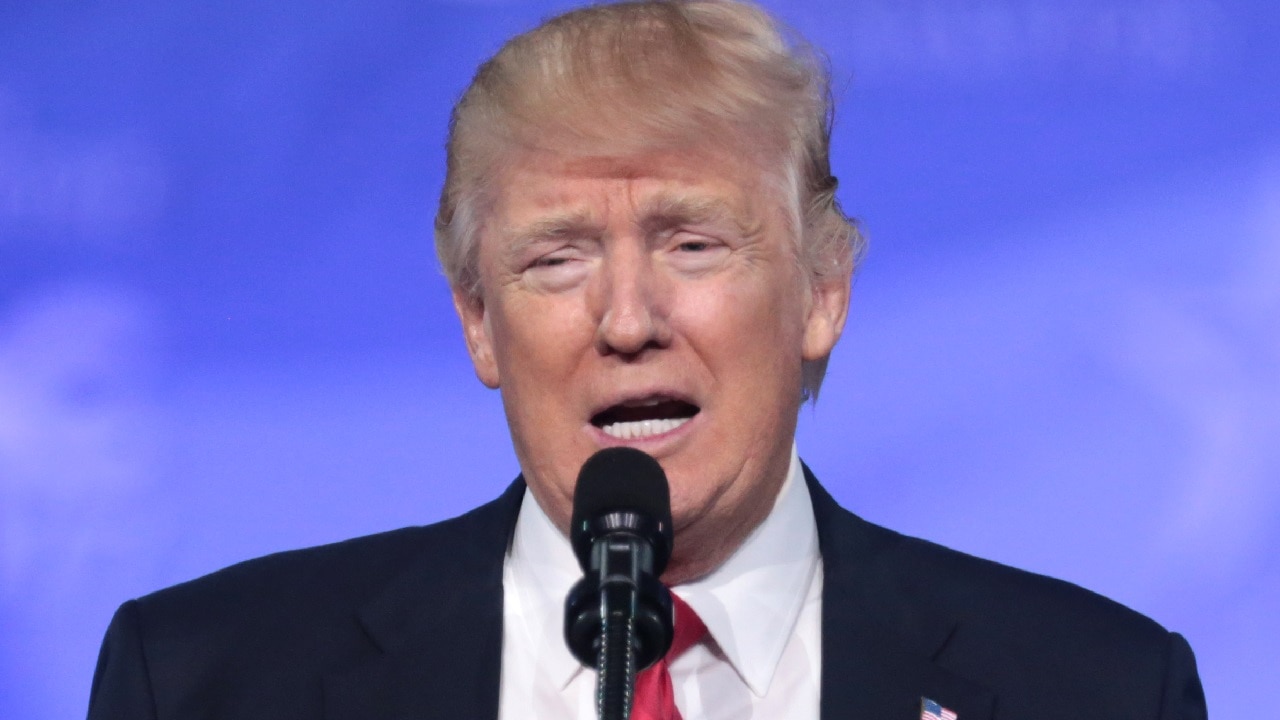Special Counsel Jack Smith’s latest charges against Donald Trump rely heavily upon what the former president said.
Trump has been charged with four counts: conspiracy to defraud the United States, conspiracy to obstruct an official proceeding, obstruction of and attempt to obstruct an official proceeding and conspiracy against rights.
“Despite having lost, the defendant was determined to remain in power,” the indictment said. “So for more than two months following election day on November 3, 2020, the Defendant spread lies that there had been outcome-determinative fraud in the election and that he had actually won. These claims were false, and the defendant knew that they were false.”
The indictment holds that Trump and his cronies used lies to overturn the 2020 election. So, the case will be treading on treacherous ground, focused legally upon the significance of the president’s words, in what free speech scholars believe will be an affront upon the First Amendment.
Meanwhile, “for some scholars of history, [the case’s] forensic look at how speech underpinned an alleged conspiracy to illegally retain power helps to situate Trump into larger historical patterns,” NPR reported.
“All authoritarian leaders have cults of personality,” said Ruth Ben-Ghiat, an NYU professor who wrote Strongmen: Mussolini to the Present. “Meaning, they propose themselves as all-powerful, as the only solution possible to the nation’s ills. ‘I alone can fix it.’”
Donald Trump, The Dictator: Comparisons to an authoritarian leader not new
People have been comparing Trump to authoritarian leaders since the day he took office. Now, the newest indictments are being framed as validation that Trump is indeed an authoritarian.
“The use of lies takes place in a larger effort to turn the public against alternate sources of authority,” Ben-Ghiat said. Examples include the courts, the legislature, and law enforcement.
“If you’re looking to see if somebody’s going to be a strongman, what you find is even when they start campaigning, they immediately start trying to turn the public against the press, saying [the press is] biased and that they are the truth teller against the establishment,” Ben-Ghiat said. (Note: Obama was not hospitable towards the press; he waged a war against whistleblowers and leakers; during the Obama years there were eight prosecutions under the 1917 Espionage Act, “double those under all previous president combined. Just something to think about as we consider the way Trump interacted with the press.)
Jason Stanley, a professor at Yale University and author of How Fascism Works: The Politics of Us and Them said that “what Trump is doing is, he’s asking for personal loyalty to him to outweigh the rule of law. We see this in any authoritarian takeover of a system. We see the authoritarian say, ‘Devotion to me is more important than the rule of law.’”
Stanley continued: “What jumped out to me is that we finally have a structural understanding of the way lies can undermine democracy, of the way trust is central for our democracy. Democracy relies on faith in its institutions and laws. Otherwise, there’s no stability.”
Just one of several trials
Trump’s January 6th indictment is just one of many. Trump has two other criminal trials upcoming, with a third (from Georgia) expected. Trump also has two civil trials upcoming. Without question, the various legal proceedings are going to set the tone for the 2024 presidential election.
Author Expertise
Harrison Kass is the Senior Editor and opinion writer at 19FortyFive. An attorney, pilot, guitarist, and minor pro hockey player, Harrison joined the US Air Force as a Pilot Trainee but was medically discharged. Harrison holds a BA from Lake Forest College, a JD from the University of Oregon, and an MA from New York University. Harrison listens to Dokken.
From 19FortyFive

